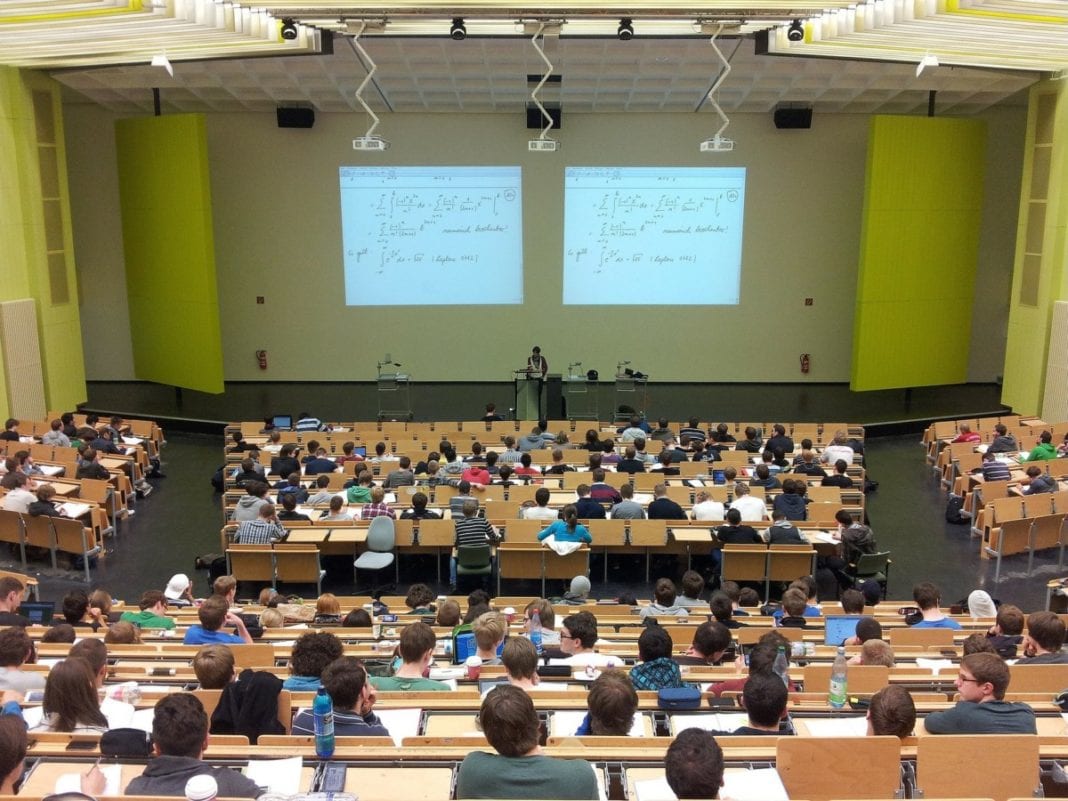The increasing importance that English plays in higher education (bachelor’s and master’s level programs) at Dutch universities has been a cause for concern for a large group of professors and writers, reports de Volkskrant. They believe that students are losing their Dutch language skills at an academic level.
Currently, we know that there are almost three-quarters of the master’s programs and almost a quarter of the bachelor’s programs in English. This comes in a time when Ingrid van Engelshoven (D66) wants to change the Higher Education Act which states that all lessons must be in Dutch, unless there is a valid reason for it be given in English. She believes that internationalisation is required in the present times.
The court had ruled back in July 2018 when University of Maastricht and University of Twente were accused of unnecessarily offering their Psychology programs in Dutch and English. Obviously, it was ruled in their favour because the students still had the option of learning in Dutch.
What are the dangers of having more English programs?
According to the professors and writers spear heading this cause, they believe that the Dutch language is losing its status at an academic level. As more and more English programs are being offered, the Dutch students are at a disadvantage.
But this does make it seem like the Dutch students are being “forced” to take English programs, where in fact that is not true. They still have the option of pursuing a course in Dutch, if they do want to do that. Being an international student myself, I have worked hard in pursuing an education in English in the Netherlands, mostly because it allows me to participate in the global community. The option still lies open for the Dutch students to take English (if they want to participate in this global community themselves), or if they want to take Dutch.
What are your thoughts on this? Do you believe capping the number of English programs offered will actually cause a deterioration in the students’ Dutch language skills, despite them having the option of pursuing it in Dutch? Let us know in the comments!
Feat Image: Nikolay Georgiev from Pixabay


